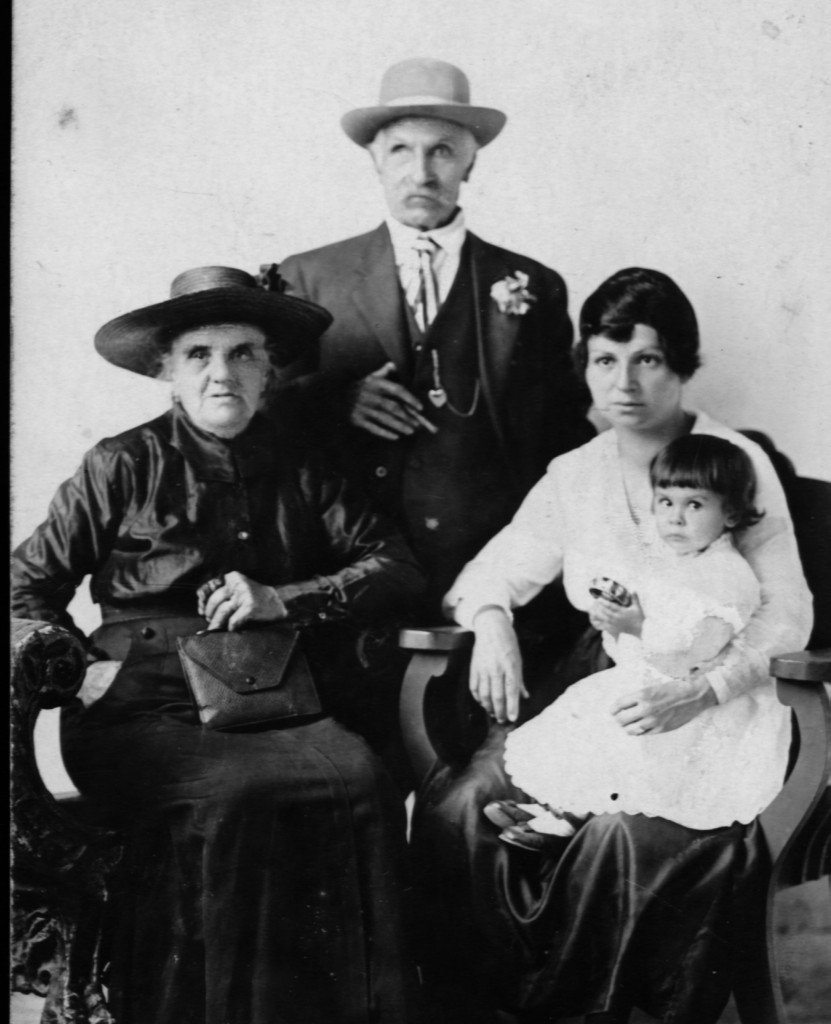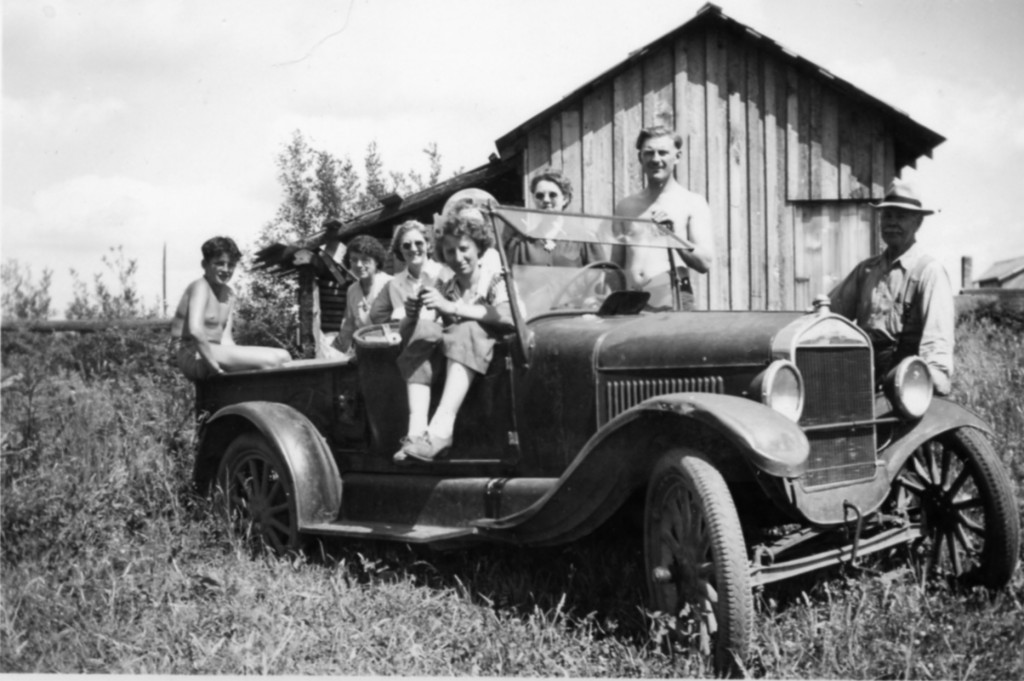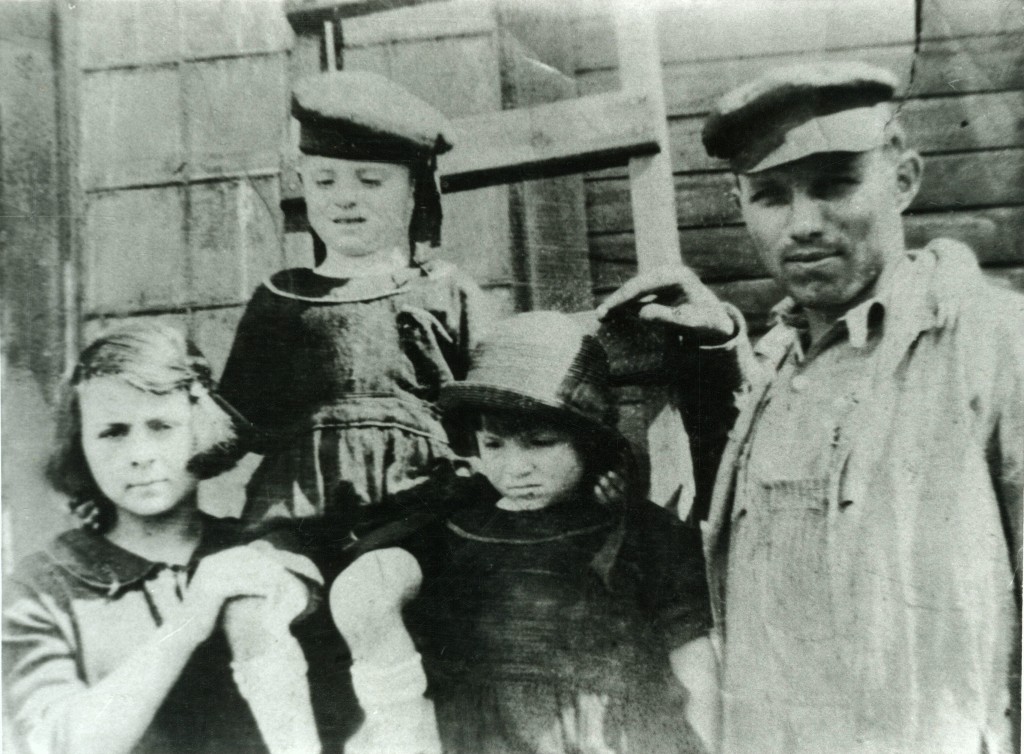When should you interview relatives about your ancestors?
From my point of view, it is always time. Either if you are at the beginning of your journey or if you need to fill in the gaps of missing information on an advanced investigation, interviewing relatives, is not just a good idea, but also a rewarding activity for all the people involved. This I can assure from my own experience: your oldest relatives will be more than happy to pass your ancestors´ legacy to someone in the family willing to preserve it for the future generations.
On the other hand, your oldest relatives will not be –unfortunately- around forever, so the sooner you interview them, the better. Nothing prevents you from arranging a second or more interviews with the same family member to check further details or to compare information later obtained from other sources.
Why are you looking for this information?
- Because relatives will probably have some of the most accurate information about your ancestors.
- Because besides what they might remember, -please check our blog http://rebelato.org/how-to-find-your-ancestors/ -your oldest relatives can also be a good source for copies of your ancestors´ birth, wedding and death certificates, baptism faiths, letters, old photos (many of them might have inscriptions in the back that are important clues!).
- A wise idea would be to have in hand a portable scanner, a good camera or a smartphone to pick up and store these records. Please check our previous blog: http://rebelato.org/preserve-data-genealogical-research/ to get more in depth information about this issue.
- Many families share family graves from where relevant information might be obtained. Check who in your family is keeping the papers of the family grave and what kind of information about your ancestors comes out from such documents.
- Last but not least, because you might not be the only one in the family interested in genealogy, and you might find out a relative with information about other living relative or ancestor that might have already tried to find your ancestors. So, be sure to ask your family members if they know of someone else in the family that has done some previous research on the subject and/or if there is a genealogy book or there are other records within the family. This could give you a wonderful head start!
What information do you need to gather?
- Conversations about family can go many directions. When you are ready to conduct an interview, have the questions in front of you to make sure you are getting the information you desire. When possible, record the interview on audio or video.
- Most specialists recommend that you do an oral interview asking well-crafted open-ended questions focusing on your relative´s memories and experiences. Family tree magazine http://www.familytreemagazine.com/article/20-questions suggests to ask for example things such as “Who’s the oldest relative you remember (and what do you remember about him or her)? “ while the Lucier Family webpage suggests among other questions to ask things like “What is your full name and why were you named that? Were you named after someone else?”, “What was the religion of your parents and your grandparents?” “Do you remember hearing your grandparents describe their lives? What did they say?” etc.
- Write down everything and begin to enter the information in a pedigree chart. If you’re unfamiliar with pedigree charts or family tree charts, please refer to our article http://www.rebelato.org -***article 18**** Pedigree charts provide an at-a-glance overview of your family, making it easy to track your research progress.
Is it hard to get this information?
- It can be, if you’ve lost touch with your relatives, or if you don´t even know who all your relatives are, and of course if your relatives live in another country.
What is the solution and why?
- A good idea is to start by some of your closest relatives and ask each one to refer to someone else you might not be currently in touch with. And then, go on with the same plan, asking each interviewed relative to refer you to someone else.
- In case you take a genealogy DNA test, bear in mind that most companies currently offering them, do also allow you to check your results against other people results. For sure, those people that have undergone a genealogy DNA test are interested in genealogy and family history in the same way you are, so consider that your DNA matches might be willing to meet and share family stories and other relevant information.
Remember: your ancestors’ history is your own history; therefore the more ancestors you find the closest you will be to unveil your own full history. Have a “taste” on your family history by finding your ancestors.
By, Carmen Vazquez Sibils









Leave a Reply